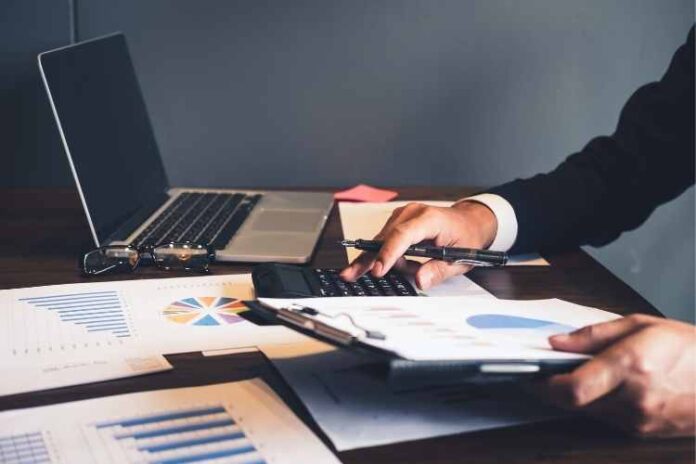Any time that you read articles about money management, they tell you to put together a personal budget. You haven’t followed through on this practical advice. What reasons could you possibly have to tackle this task? Here are three of them.
1. Prevent Overdraft
Have you ever put your checking account into overdraft? Have you had to cancel important transactions or pay a hefty sum of NSF fees for your miscalculation? Are you worried that you’ll trip up and make this mistake all over again?
Of course, you could sign up for overdraft protection through your bank to avoid some of the consequences of drawing too much from your checking account, but this is only a band-aid solution. With overdraft protection, your transactions may go through, but you’ll still continue to spend beyond your limits and pay overdraft fees.
You should try your best to avoid overdrawing from your account altogether. One way to do this is to make yourself a personal budget. A personal budget will help you organize your monthly expenses and see how they coordinate with your income. If you follow your budget properly, the risk of overdrawing your account should be low.
2. Find More Savings
A personal budget will show you how much you have to spend on essentials like bills, insurance payments and groceries to get by. After those calculations, you’ll see how much you have leftover. This leftover money could be used for non-essential purposes. Better yet, they could be put toward your savings.
If you want to increase your savings, your budget can help you find more ways to save. You can trim or cut variable expenses to put more money back into your account.
These are some ways that you can find more savings:
- Use coupons and discount codes when grocery shopping.
- Cancel subscriptions and memberships that you don’t use anymore.
- Call utility providers and negotiate your bills.
- Use public transportation instead of taxis or rideshare services.
3. Prepare for Emergencies
As you’ve seen, a personal budget can help you find savings. You can put those savings toward a practical goal, like filling up your emergency fund.
Without an emergency fund, you will be vulnerable to any unplanned, urgent expense that comes your way. You’ll only have a few options for covering this type of expense quickly. You could use your credit card and then focus on paying down the balance later on. Or you could go to a website that provides legit online loans and see whether you meet the qualifications for one of them. If you do, you can apply and wait for a response regarding your approval. With an approved online cash loan, you can use borrowed funds to cover your emergency expense in a short amount of time. Then, you can focus on your loan repayments.
You could use the funds sitting in your checking account to cover an emergency expense, but this comes with a lot of risks. If those funds are reserved for other monthly essentials, like your bills or your groceries, you could put yourself in more financial trouble (like overdraft) by using them for your emergency expense.
These three reasons should push you to finally make a budget. Get started!








